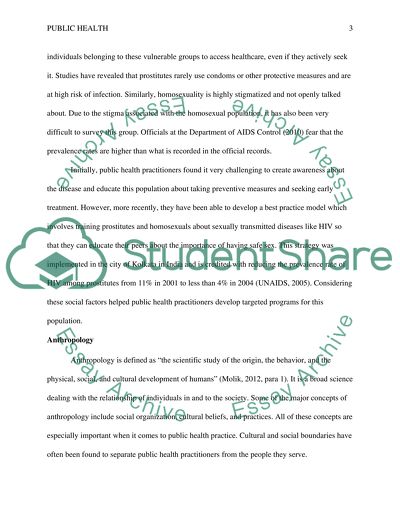Cite this document
(“Social Psychology and Anthropology in Public Health Practice Assignment”, n.d.)
Social Psychology and Anthropology in Public Health Practice Assignment. Retrieved from https://studentshare.org/health-sciences-medicine/1446321-m3-health-practitioner-paper-marketing-discusion
Social Psychology and Anthropology in Public Health Practice Assignment. Retrieved from https://studentshare.org/health-sciences-medicine/1446321-m3-health-practitioner-paper-marketing-discusion
(Social Psychology and Anthropology in Public Health Practice Assignment)
Social Psychology and Anthropology in Public Health Practice Assignment. https://studentshare.org/health-sciences-medicine/1446321-m3-health-practitioner-paper-marketing-discusion.
Social Psychology and Anthropology in Public Health Practice Assignment. https://studentshare.org/health-sciences-medicine/1446321-m3-health-practitioner-paper-marketing-discusion.
“Social Psychology and Anthropology in Public Health Practice Assignment”, n.d. https://studentshare.org/health-sciences-medicine/1446321-m3-health-practitioner-paper-marketing-discusion.


